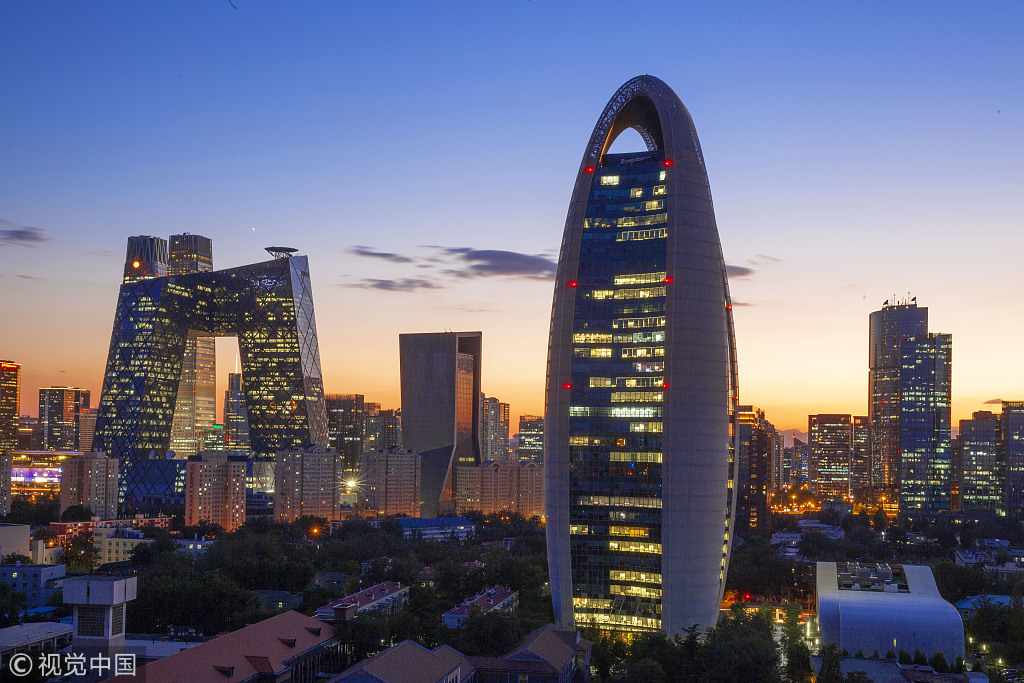Beijing focuses on functions of central districts


Beijing said it will focus more on political functions in the use of land as it banned new residential real estate projects in its core districts on Wednesday.
Except for the rebuilding of shantytowns and old residential communities, the city will bar any new residential construction projects in its Dongcheng and Xicheng districts, which lie at the center of the city, according to a document released by the Beijing Municipal Commission of Development and Reform.
In addition, the authority will bar construction of new hotels and commercial office buildings within the area bordered by the Fifth Ring Road on the north, west and east; and by the Fourth Ring Road on the south.
"The new policy shows that the Beijing government has formed a clear development direction-being a central political area and limiting the business and residential functions in the central area," said Yan Yuejin, research director of the E-house China R&D Institute.
He predicted that the government will provide more land for residential buildings in the suburbs. Meanwhile, the existing residential projects in Dongcheng and Xicheng districts will become even more valuable.
The land restrictions for hotels and office buildings in the two central districts will lead to the quicker exit of industries related to tourism, shopping centers and other commercial projects, Yan said.
"The limitation in the central districts will boost the development of hotel and commercial office building projects in Chaoyang district, where a large number of hotels and office buildings already exist," Yan said. "The Daxing district, where Beijing's new airport is located, will also embrace opportunities thanks to the new policy."
The commission said the purpose of the ban is to help match investment with function in different districts and to better integrate industries.
As of the end of August this year, Beijing had banned 20,300 applications that were not aligned with the city's development direction. Half of the new companies that have been registered are in the science, technology, culture and information industries.
According to the central government, Beijing is to be the political, cultural, international communication and technology innovation center of China. The industries that don't go along with the functions will be removed gradually out of the capital.
The document also clarified that Beijing will not allow new golf courses or expansion of existing ones within the city. Within the Third Ring Road, new logistics storage facilities are also banned.
- Beijing courts boost efforts to resolve livelihood-related cases
- Reminder tips from Weifang police spark buzz on Xiaohongshu
- Former head of national tobacco body stands trial on bribery charges
- China warns DPP's attempt to seek 'Taiwan independence' will be futile
- Consistent progress seen in environmental protection
- Former head of China's State Tobacco Monopoly stands trial for graft, abuse of power





































